An African Dilemma” Climate Change story of Yaoundé, Cameroon.
I remember years ago we were taught in elementary school that the climate in the central region of Cameroon had four seasons, a long and short dry season and a long and short rainy season. I remember that we generally cultivated twice a year from March 15, the date marking the beginning of the short rainy season and from August 15, the date corresponding to the beginning of the long rainy season. I remember that around the middle of October the markets were flooded with foodstuffs such as corn, beans, vegetables and tubers. I remember that the field that my mother and I cultivated every year produced corn in very large quantities to the point where a large part was left to dry in the field.
I remember my cocoa farmer neighbor boasting that he had harvested more than five tons of cocoa in his field. I remember those farmers who were happy to have a very good harvest. I remember that in my neighborhood there was a stream in which we bathed as children and where several households got water for their various household tasks. I remember that there were almost no water cuts. I remember that we could enjoy the sunshine while benefiting from vitamin D. For more than a decade, a bitter observation has been made in the entire central region and in all other regions of the country. We can no longer say with certainty that the climate of the central region has 4 seasons. We have noticed a general disruption of the rainfall, the rains are becoming increasingly rare and even when they fall, we are witnessing a real deluge associated with violent winds with spectacular floods. This results in crop failure due to drought and or destruction of crops by strong winds or hail.
The neighboring cocoa farmer who initially counted his harvest in terms of tons has only few bags left. Our maize production decreased over the years until he had nothing left to harvest. The absence of food on the market leads to inflation of the prices of agricultural products. Water shortages have become commonplace. This is due to the drying up of the rivers and the decrease in their flow. In addition, we are witnessing increasingly high heat spikes in the region. The sun is so aggressive that it burns your skin and makes you sick. All this is due to climate change and global warming. But why are we suffering so much from the effects of climate change when the entire African continent emits less than 4% of the world’s greenhouse gases?
Despite this almost insignificant contribution, we are the most vulnerable. Many people still believe that climate change does not exist here, that it is a Western story. Others who have already become aware of the existence of climate change say that since Africa’s contribution to greenhouse gas emissions is insignificant, then we have no responsibility to fight it, it is the fault of the West, so it is up to them to take measures to stop it. Except that while we are here looking for someone to blame, global warming continues to do damage. It is true that Africa contributes almost nothing to climate change, but we are nevertheless the most vulnerable to its effects. That is why, instead of looking for someone to blame, we must take a number of measures to deal with it. It all starts with awareness that leads us to change our behavior. We must focus on environmental education of the youngest by instilling in them values that respect the environment. We must set up measures to adapt and mitigate the effects of climate change. For example, by reforesting, by reducing our waste production as much as possible because in Cameroon, poor waste management is one of the main causes of greenhouse gas emissions after agriculture and land conversion. Climate change is a reality in Yaoundé as it is everywhere else. We live it daily. We feel its effects every day, so everyone should do their part to fight it by adopting an eco-responsible lifestyle. Together we can slow down climate change and its devastating effects, so I am doing my part at my level. The more people who take action to fight climate change, the greater the impact will be.
Noumbou V. E. Priscille
Ms. Noumbou V. E. Priscille is an Engineer, Social Facilitator and an environmental warrior. She is the Founding President of Veh-Hope association for promoting environmental education for the youngest. In her quest, she uses the 9th art (Comics) as away to educate on environmental protection and ultimately change habits to save the planet.



